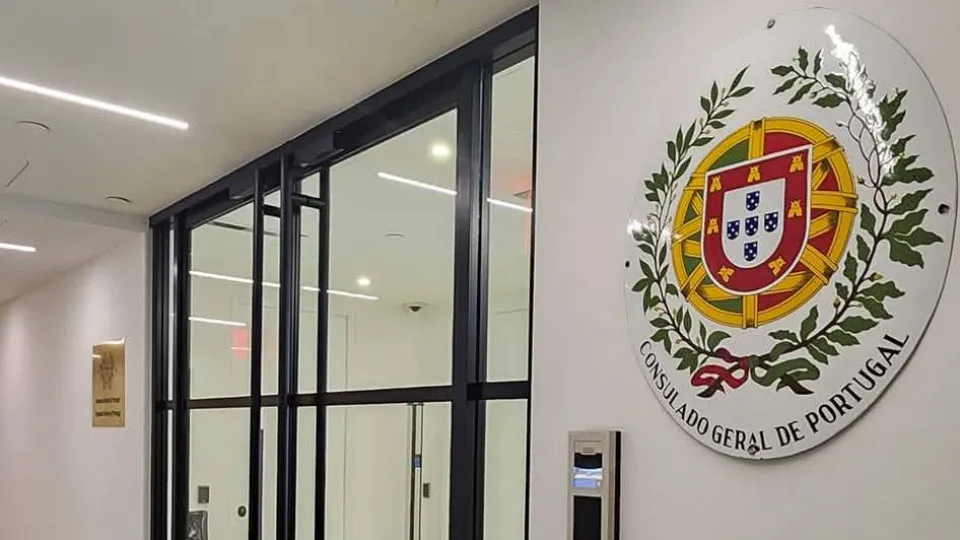
The secretary-general of the Consular Workers’ Union, the Diplomatic Missions and the Central Services of the Ministry of Foreign Affairs (STCDE), Rosa Teixeira, expressed that there is “much more work” at consular posts today because of heightened scrutiny in the visa acquisition process for Portugal.
“Nowadays, this issue is in the spotlight. People probably exercise greater caution in all this, as they are fully aware of what it means to analyze a visa process,” said Teixeira.
Rosa Teixeira emphasized that this matter “cannot be dealt with heedlessly to speed things up or dismiss them quickly. These are not matters to be hurried; they should be well-documented and thoroughly studied, which indeed complicates the day-to-day operations.”
In June, during the presentation of the action plan for migrations, the Government announced an enhancement of the diplomatic network, specifying a “strengthening of the response and processing capacity at consular posts identified as priorities,” with an increase of 45 personnel in 15 countries, including all the Community of Portuguese Language Countries (CPLP).
In a response to an inquiry, the Ministry of Foreign Affairs revealed that it had hired “50 visa analyst technicians, who are now rotated across various high-demand posts, alleviating existing pressure in visa processing.”
This move was exemplified by the “centralization of visa processing in Brazil, in Brasília, which will enable consulates ceasing visa processing to reallocate human resources to other service areas, both ‘Front Office’ and ‘Back Office’.”
Rosa Teixeira acknowledges the existence of this “rescue brigade” providing “support to certain posts for a limited period to handle the workload.”
“But this is not a structural issue,” she noted, arguing that “if the personnel structure is not changed, the problem will recur later,” since the brigade is temporary and “then disappears.”
She added that, “if the available human resources over time remain the same, it will not be possible to resolve this.”
The Ministry of Foreign Affairs, however, claims that “the workload has not increased due to the higher demands in granting visas.”
“What has improved is the monitoring now possible at consular posts processing visas. It’s a new dynamic, allowing for training, correcting deficiencies, and improving flows, with expectations that the productivity and precision in visa processing at many posts will be considerably higher,” stated the ministry headed by Paulo Rangel.




